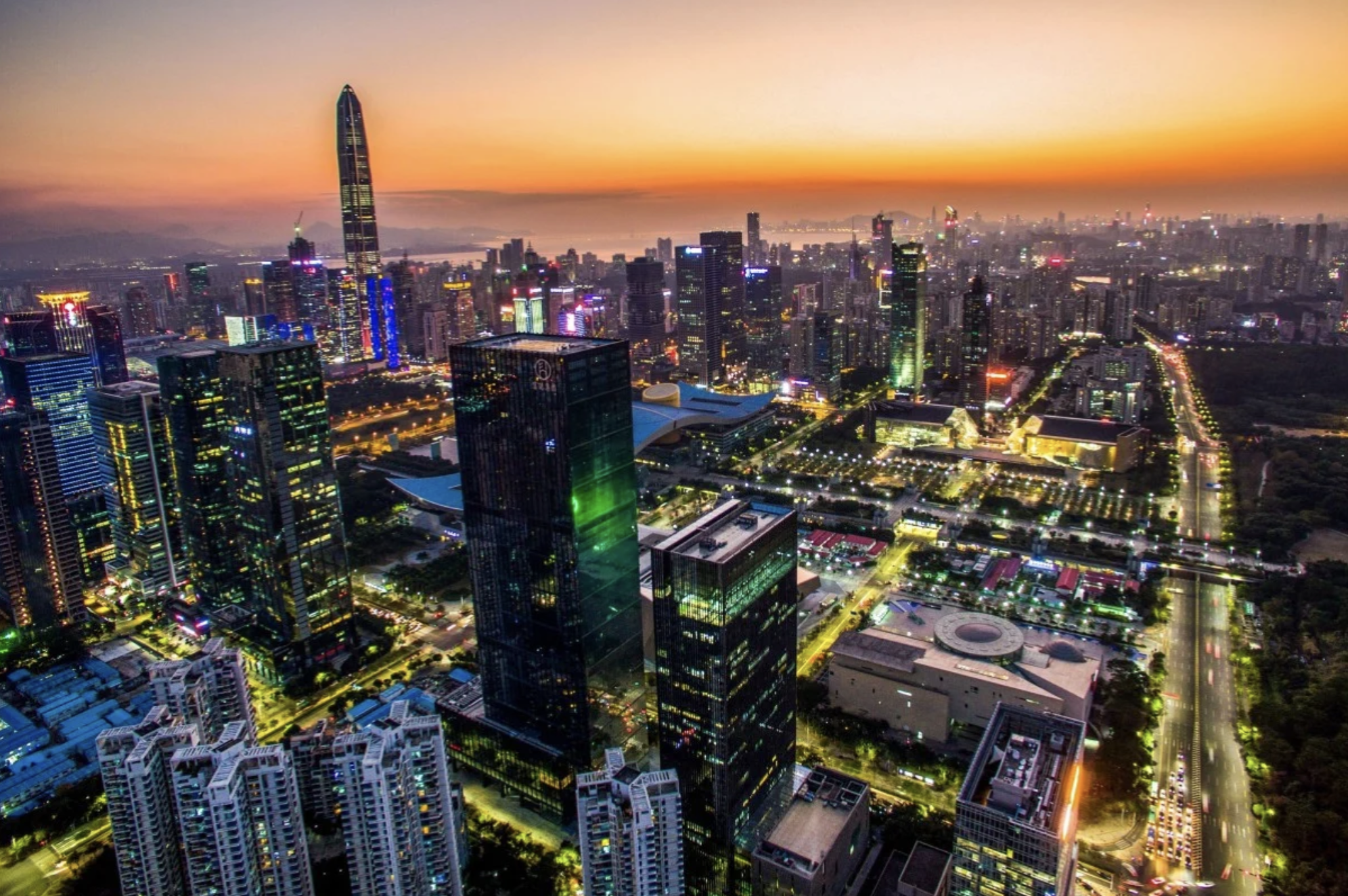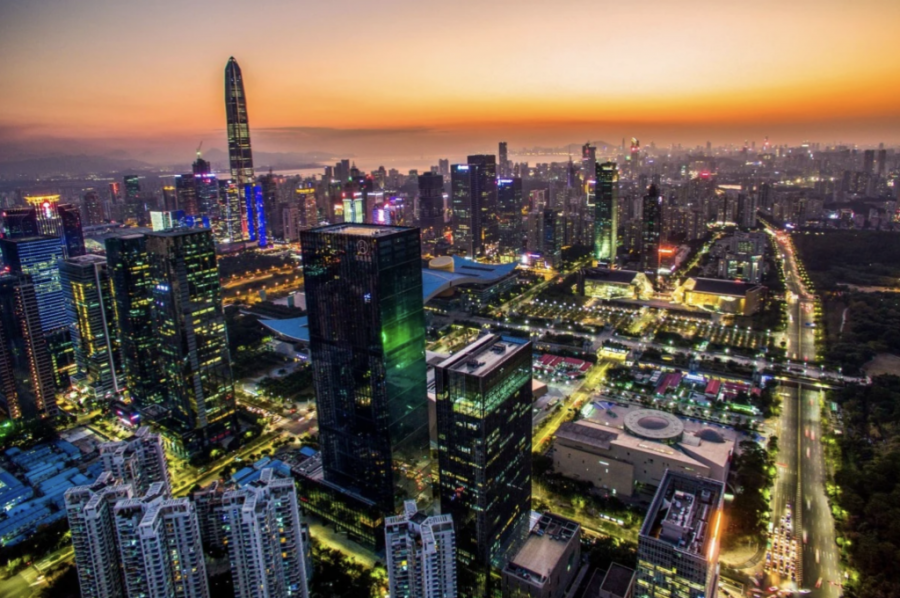A review of the Greater Bay Area in southern China has identified shortcomings that have slowed progress on Beijing’s plan for the region to become a hi-tech hub, including not enough research facilities and poor coordination and flow of talent and capital between the cities.
According to South China Morning Post, the findings were presented at a meeting of the national political advisory body on Wednesday by Zhu Xiaodan, who heads its Hong Kong, Macao, Taiwan and Overseas Chinese committee that carried out the review.
Senior Communist Party leader and chairman of the Chinese People’s Political Consultative Conference Wang Yang also addressed the gathering in Beijing, calling for efforts to integrate the area and turn it into a global innovation centre, state news agency Xinhua reported.
China announced its plan for the region in 2017, aiming to transform it into a hub to rival San Francisco’s Silicon Valley. A development plan was released in February last year, covering Hong Kong, Macao, Shenzhen, Guangzhou and seven other cities in Guangdong province.
More detailed plans were released by Guangdong and Shenzhen earlier this month.
But momentum has been lost amid anti-government protests in Hong Kong, the global coronavirus pandemic, and the deepening rift between China and the United States over technology exports, intellectual property rights protection and the national security law Beijing imposed on Hong Kong.
Zhu told the meeting one factor slowing down the plan was the lack of “national key scientific and technology infrastructure” in the Greater Bay Area.
The national supercomputer centre in Shenzhen reached capacity in 2015, causing backlogs and hindering some artificial intelligence projects, according to a report last month by Guangdong-based Nanfang Daily.
“The region needs a boost in attracting international innovation resources,” said Zhu, the former governor of Guangdong. “Investment in science and technology research and development in Hong Kong and Macao are also lacking.”
The review also pointed to a lack of cohesion between the cities.
“Competition in similar areas and a mismatch of resources are among the acute problems, and cooperation in innovation technology projects and investments is limited,” Zhu said, according to party mouthpiece People’s Daily.
Other problems included that there was a lack of channels for cross-border R&D funding, incompatible rules and regulations, a lack of mutual recognition of professional qualifications, and the absence of a cohesive intellectual property rights protection regime.
The committee recommended that the Greater Bay Area cities apply to Beijing to include key scientific infrastructure for the region in the country’s next five-year plan, which will be presented to the national legislature next year for approval.
To improve cross-border financing, it said bank lending and private equity investments should be encouraged in designated areas – namely Lok Ma Chau Loop-Qianhai (on the Hong Kong border, and in Shenzhen), Hengqin (between Macao and Zhuhai), and Nansha-Huangpu in Guangzhou. Authorities should also look into the feasibility of cross-border venture capital fundraising and investments in these areas.
The review also called for more coordination between Guangdong province, Hong Kong and Macao on rules, qualifications and standards, and for a cohesive approach to intellectual property rights protection.
The committee said Hong Kong and Macao should be allowed to take part in new national industry research centres in Guangdong, and their universities should be encouraged to set up campuses and institutes in the province.
It also supported a recently announced trial to hire Hong Kong and Macao residents for state-funded institutions in Guangdong, including universities and hospitals, and suggested local governments offer financial support to young entrepreneurs to start their own businesses in the Greater Bay Area.
(South China Morning Post)
PHOTO © South China Morning Post






